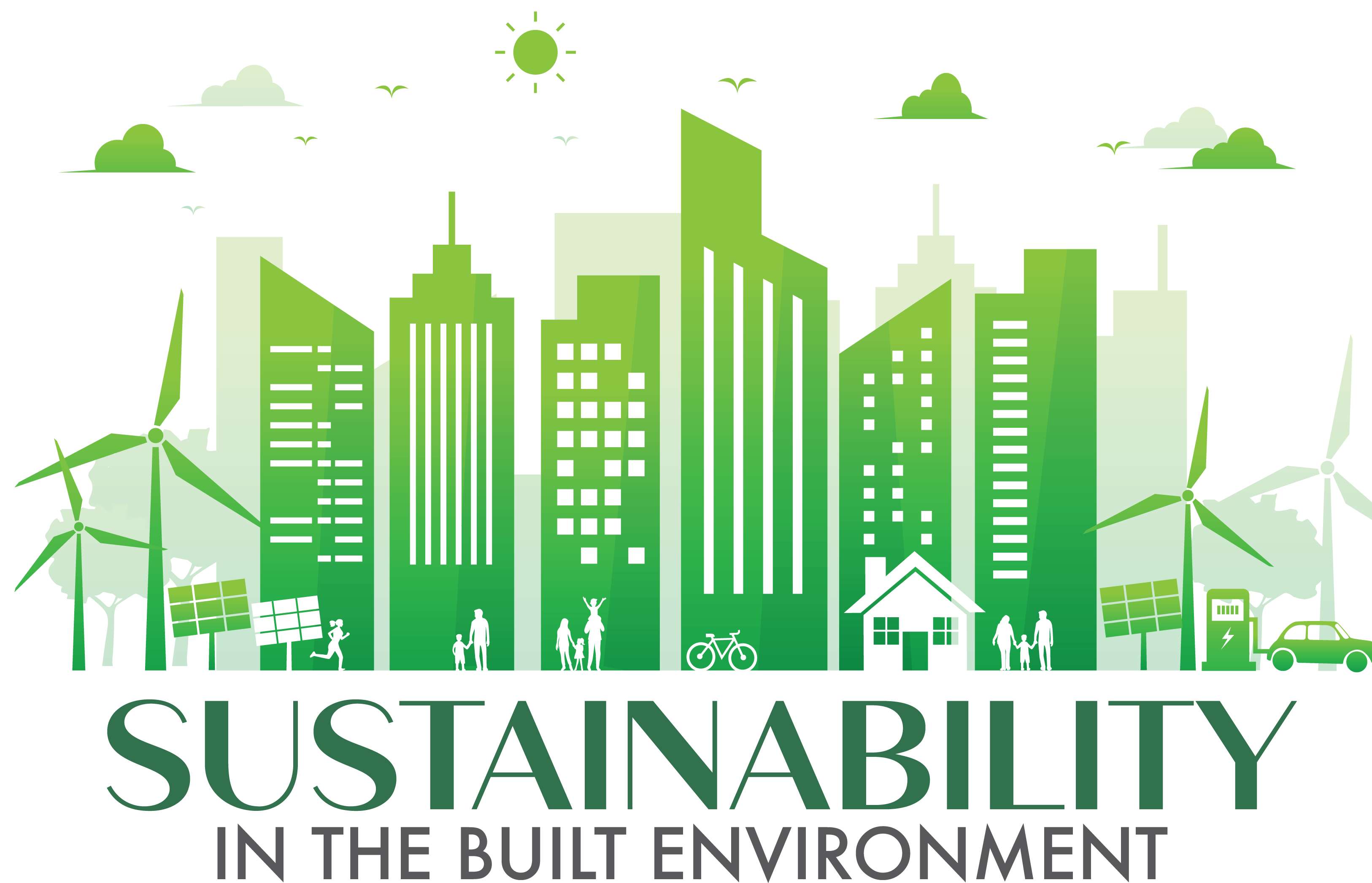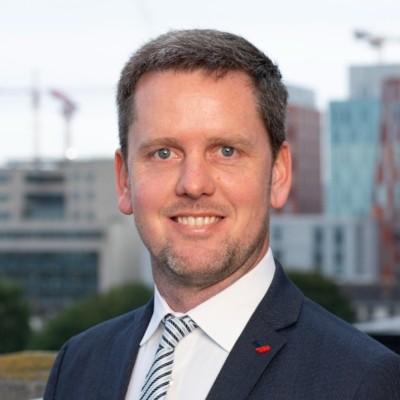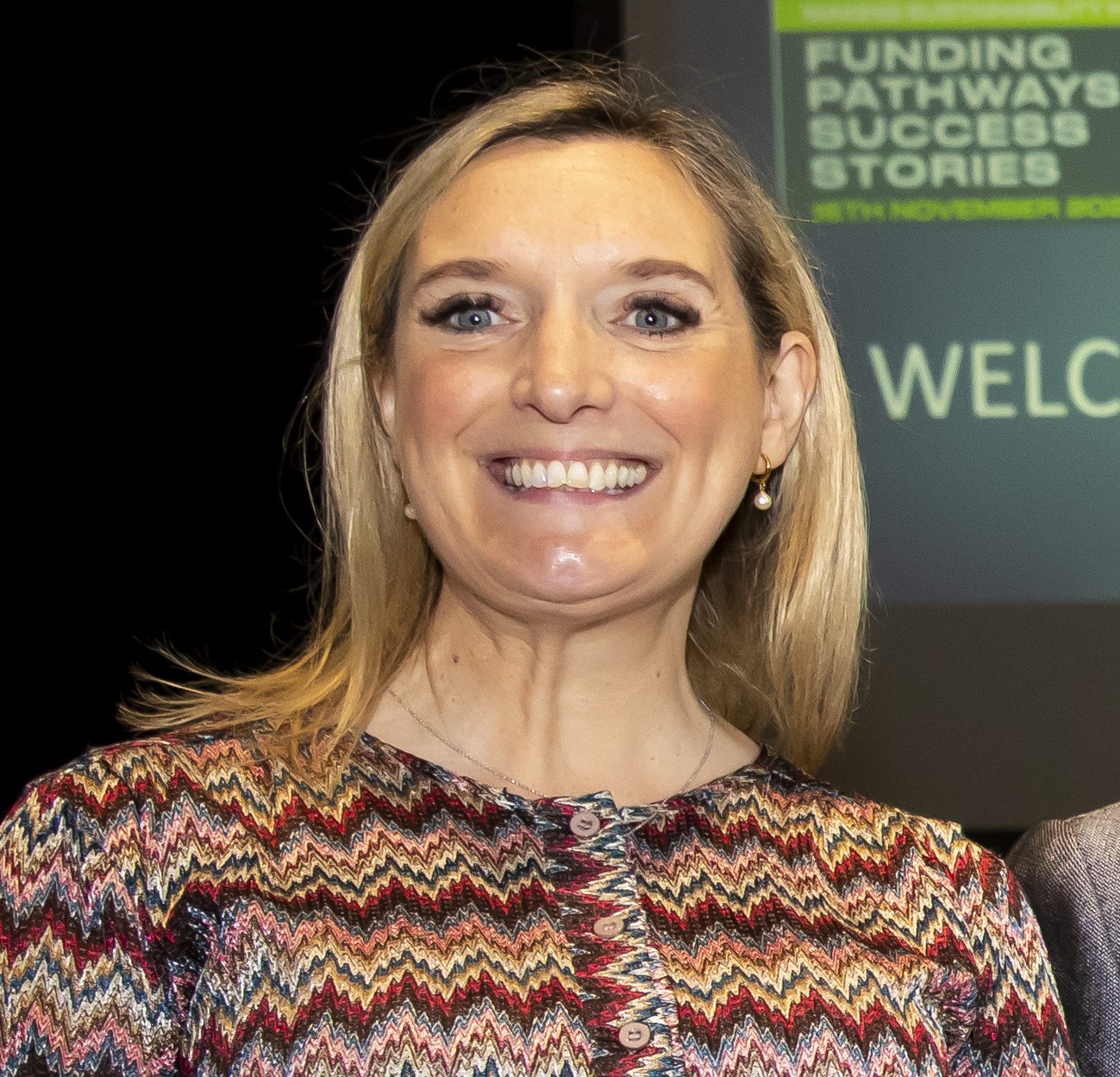2025 Agenda
Welcome and Opening Remarks from the Chair
Accelerating the decarbonisation of existing buildings
MORNING KEYNOTE:
Decarbonising Europe’s building stock: The challenge of the EU Energy Performance of Buildings Directive (EPBD)
PANEL DISCUSSION
Delivering the EPBD on the ground
A national roadmap for net-zero carbon buildings
FIRESIDE CHAT:
The journey to 2030 and 2050: How are we progressing?
- Policy and regulation: Review of current policy design & implementation
- Net zero targets and climate policies; how regulations are shaping the industry
- Advancements in sustainable building requirements
- Incentives and funding for retrofit and green construction
Networking Coffee Break & Exhibition Viewing
Bridging the Retrofit Gap: From Challenges to Delivery in Commercial Real Estate
Retrofitting commercial buildings in Ireland is no longer optional—but for many property owners, it remains a complex and fragmented challenge. From rising energy costs and tenant expectations to tightening EU and national regulations, the pressure to act is mounting. Robbie explores the main drivers behind retrofit—from financial and occupier demands to regulatory compliance—and why traditional approaches often stall between feasibility and implementation.
PANEL DISCUSSION:
The retrofit and refurbishment challenge
- Decarbonising existing buildings, strategies for retrofit
- Financing energy efficient buildings: The path to retrofitting at scale
- Boosting real estate investment for decarbonising buildings
- How can government align ambitious policies with housing affordability goals?
- Skills development
- Leveraging data for smarter renovation strategies
- Balancing conservation with efficiency
Sustainable cities
FIRESIDE CHAT:
How Pittsburgh has emerged as a world leader in the green building movement
As the world seeks actionable solutions to repidly address climate change, decarbonising the built environment presents a huge opportunity for meaningful impact. We hear Jenna’s perspective and what we can learn from her city, once the hub of the industrial revolution, Pittsburgh has emerged as a world leader in the green building movement…
PANEL DISCUSSION:
The future of sustainable cities – what’s next in urban development?
- The future of our cities in a changing climate
- How emerging technologies are tackling the ESG challenge
- How biodiversity net gain is shaping the future of urban development
- Innovative investment models to decarbonise our cities
Networking Lunch Break & Exhibition Viewing
The low carbon construction roadmap
Welcome Back from the Chair
ROUNDTABLE DISCUSSIONS
Thematic roundtables are interactive discussions in small working groups. Moderated by seasoned industry experts and practitioners, they will address a compelling trends, issues and challenges in decarbonising the built environment. This is your chance to join insightful discussions to share experiences and get new and actionable ideas from peers and experts.
1:50 pm – 2:40 pm
ROUNDTABLE DISCUSSIONS
As net zero targets draw closer, the construction industry must continue to adapt and develop new ways to address its contribution to reducing GHG emissions. We’ll discuss
- sustainable materials and construction
- Innovative design and construction techniques
- Technologies for decarbonisation
- Policy & regulatory frameworks
- Collaboration & best practices
1:50 pm – 2:40 pm
ROUNDTABLE DISCUSSIONS
The circular economy is often misunderstood. It’s not simply about waste reduction but is an economic model that challenges us to revolutionise the linear way we currently operate. This roundtable discusses the what, the why and the how of the circular economy.
1:50 pm – 2:40 pm
ROUNDTABLE DISCUSSIONS
From 2028, the new Energy Performance of Buildings Directive (EPBD) will make the measurement of ‘whole life carbon’ (embodied plus operational carbon) mandatory for large buildings. And all buildings will have to measure and limit embodied carbon from 2030. But, given the scale of new construction envisioned in Ireland between now and 2030, it’s critical we start much sooner.
1:50 pm – 2:40 pm
ROUNDTABLE DISCUSSIONS
This panel explores the factors inhibiting the widespread adoption of Modern Methods of Construction (MMC), including barriers to implementation, management challenges, governmental strategies, and financing concerns.

























